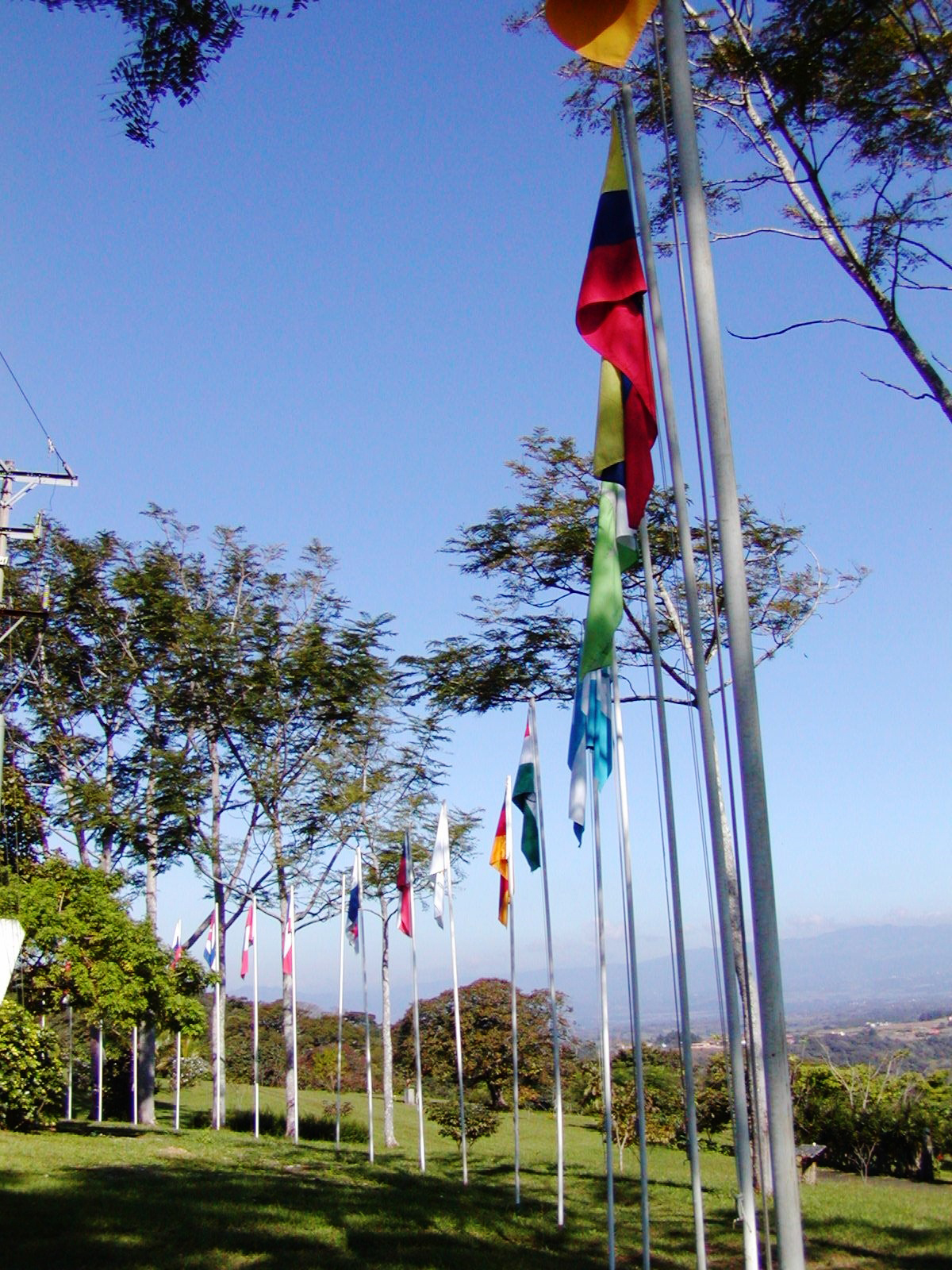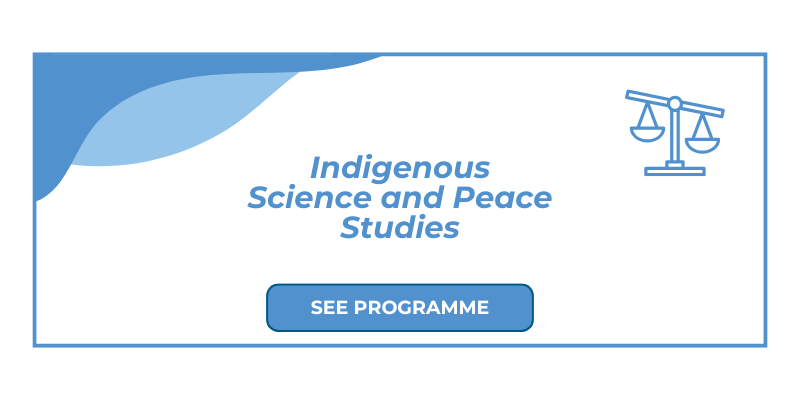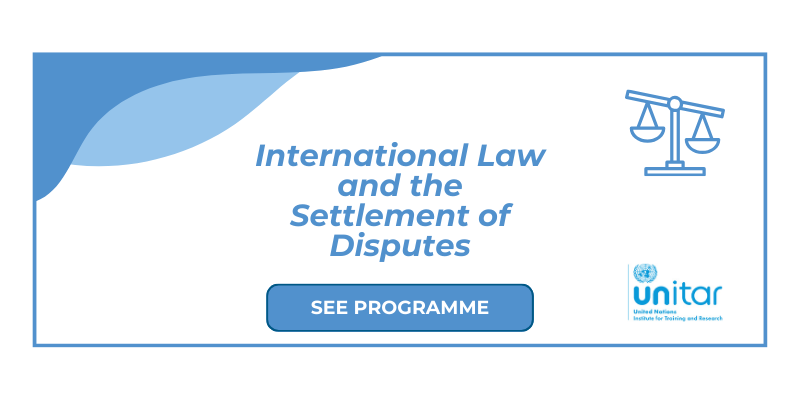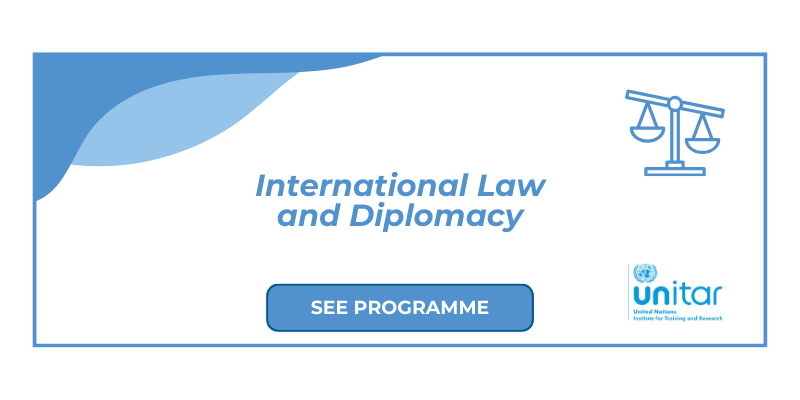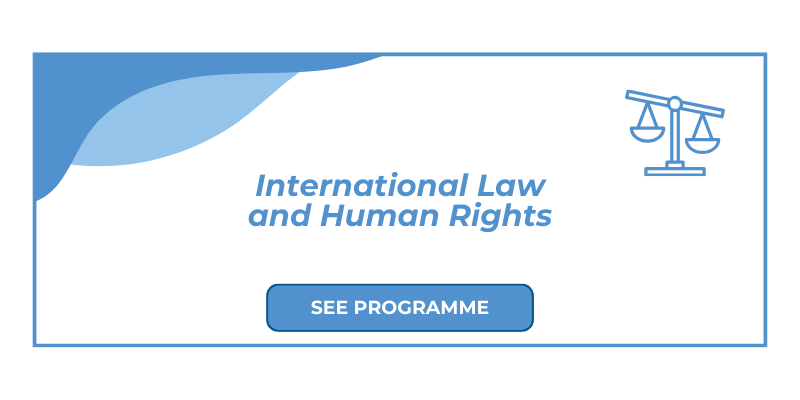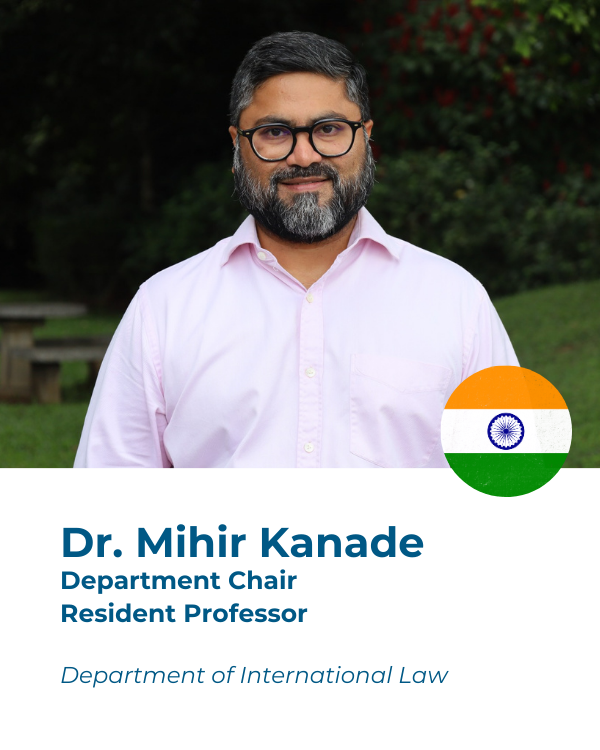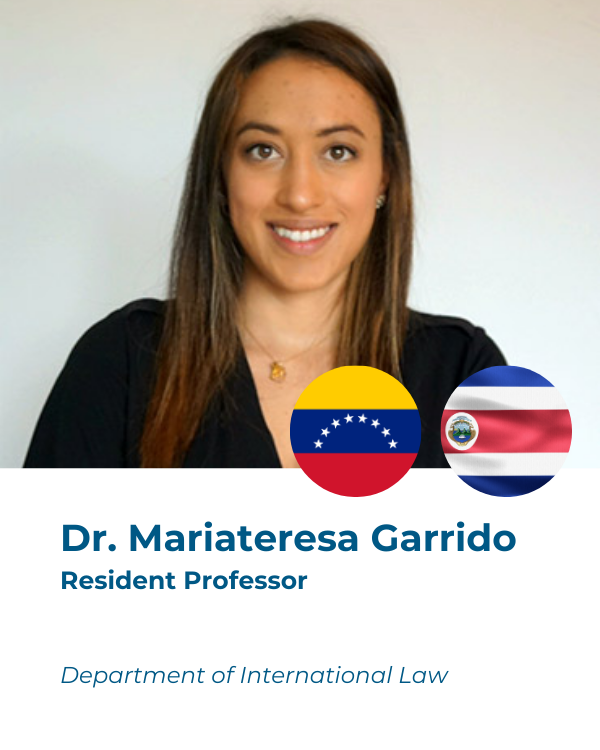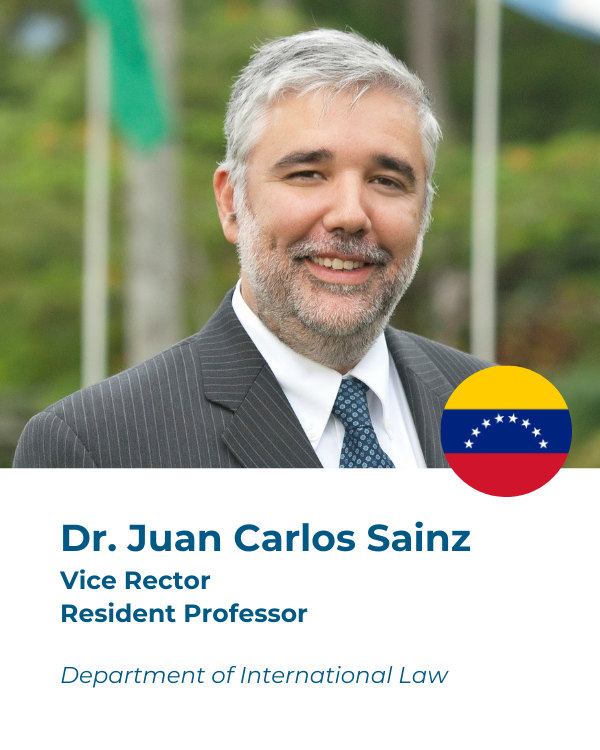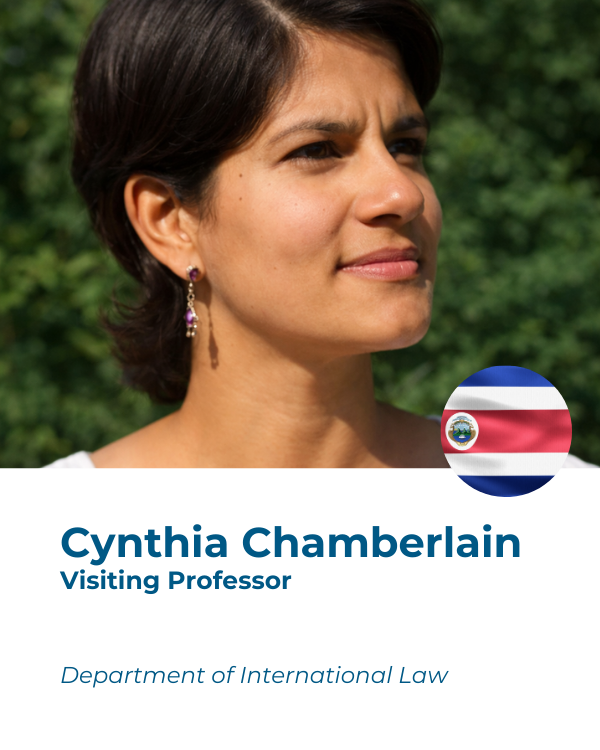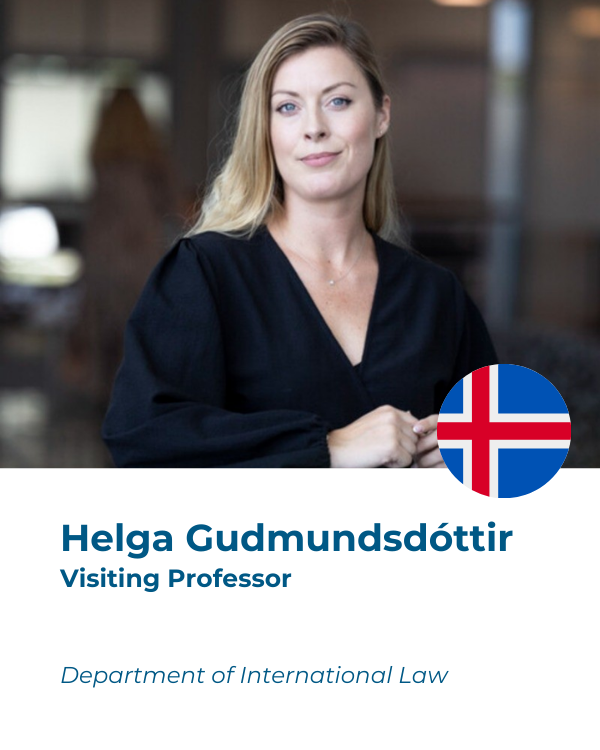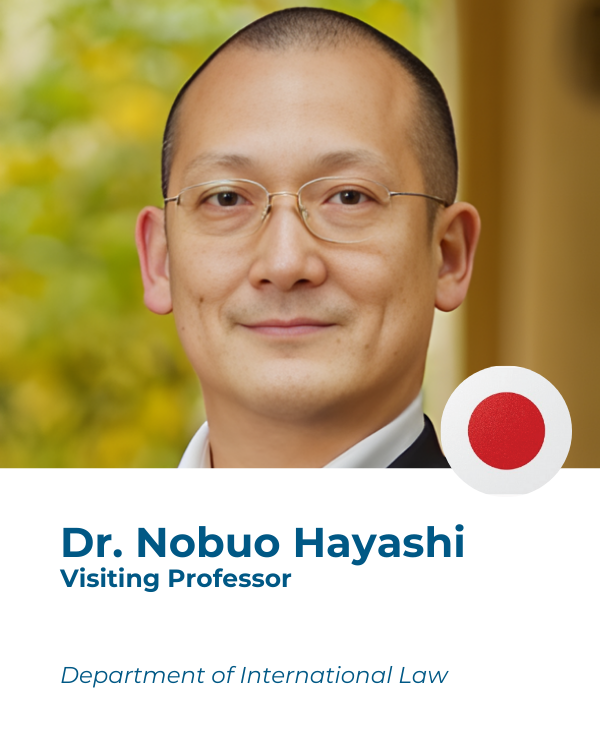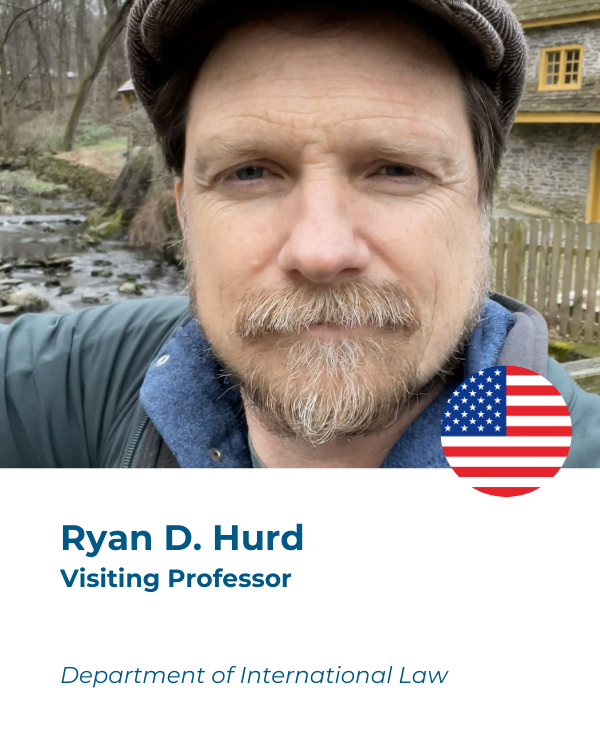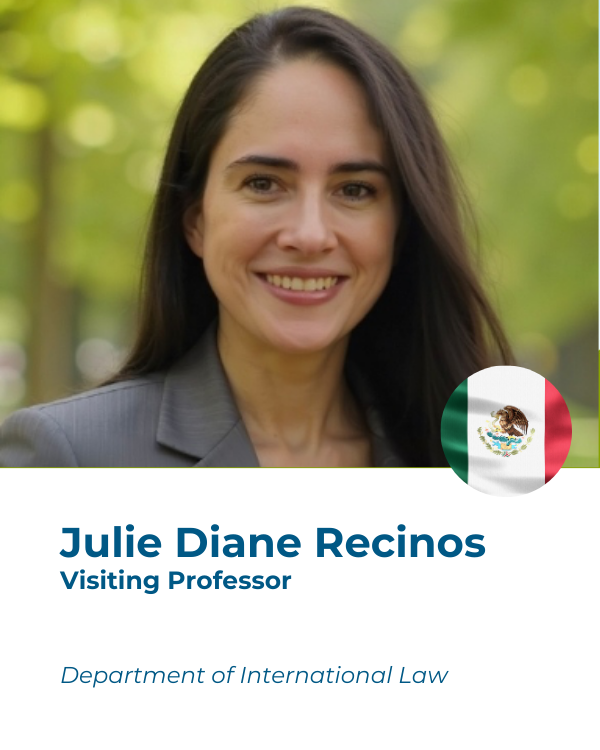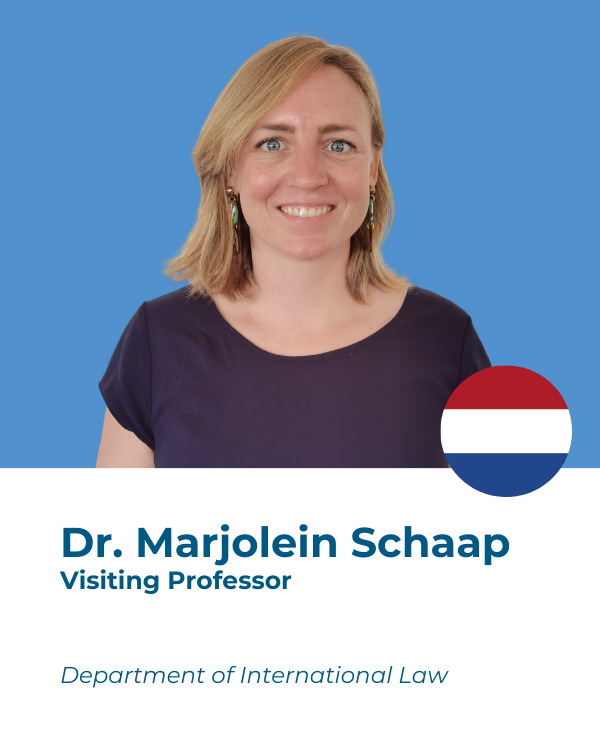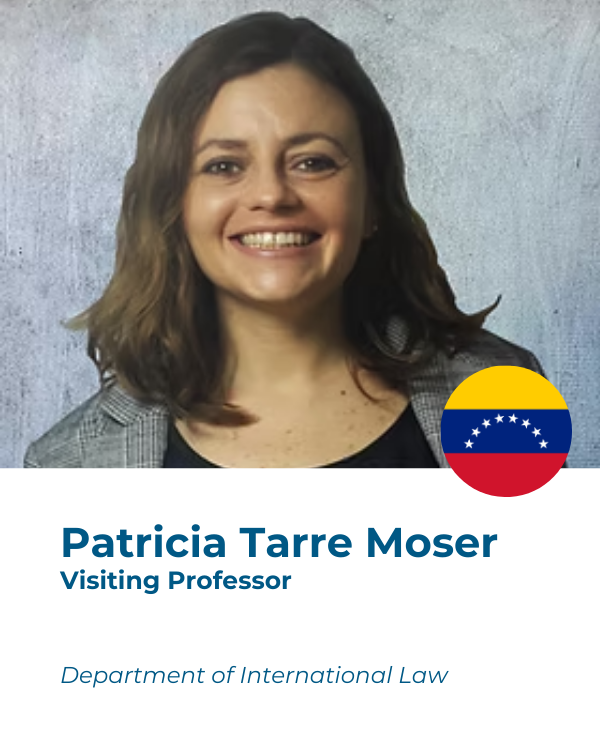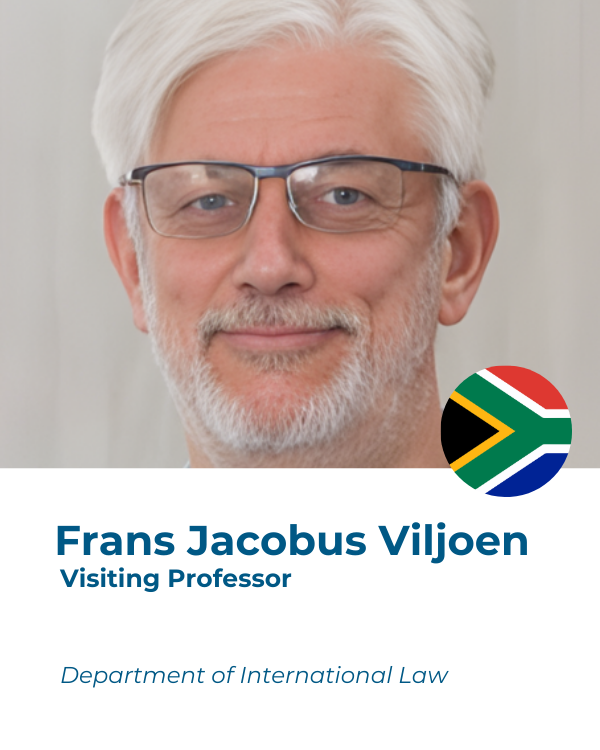Department of International Law
The Department of International Law (DIL) at the University for Peace is home to a series of M.A. programmes that provide students with a rigorous understanding of the role of law in today’s complex global society. Though international law has a long history, the last century has seen an impressive expansion of the role of law and legal institutions in international and transnational relations, involving not just states, but an increasing array of various types of actors.
Our programmes provide an introduction to this dynamic field as well as the opportunity to gain a solid and critical understanding of public international law and its various underpinnings. Aside from a focus on the foundational principles and values of the international legal system, various courses deal with the broad range of international institutions that play a pivotal role in the development of international law as well as in its implementation and enforcement.
Our courses are taught by faculty with rich international experience, as well as by visiting professors from prestigious universities and key international organizations Our faculty has long-standing experience in teaching both lawyers and students from different disciplines. The in-class experience offers an exciting and diverse environment, with students hailing from all over the world and a broad range of backgrounds.


